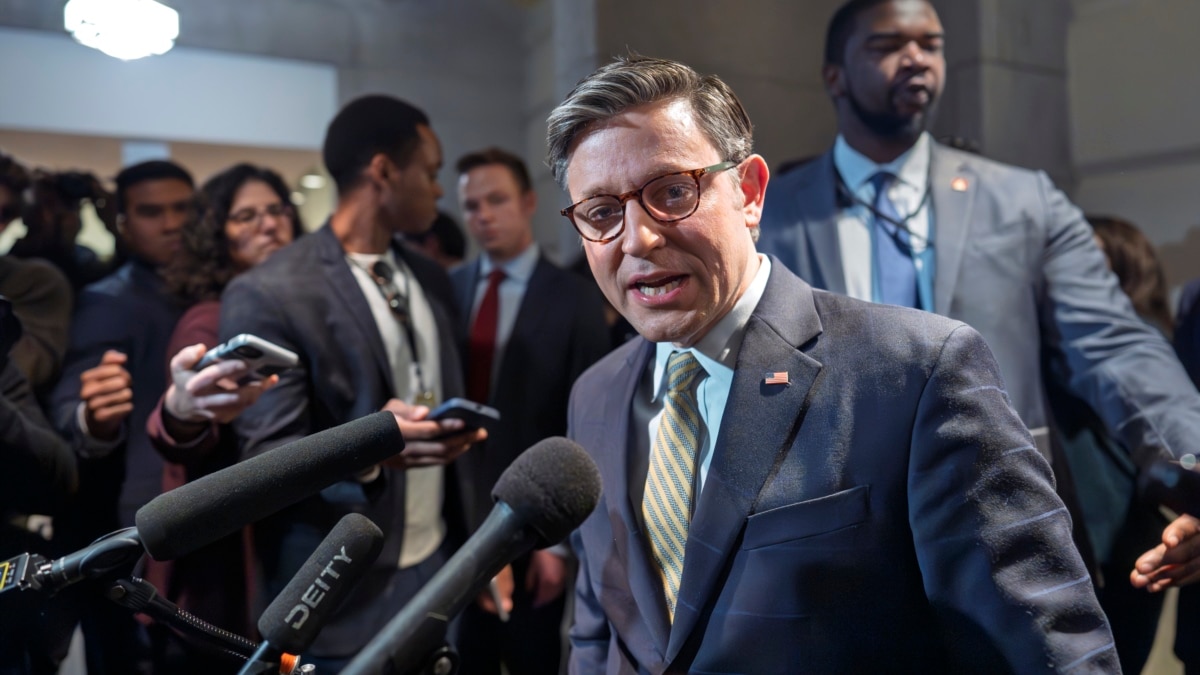Israel releases videos from Al-Shifa hospital
On the fifth day of its operation inside the Al-Shifa hospital in Gaza City, the Israeli military released video of what it said was a 55-meter (180-foot) section of a fortified tunnel running 10 meters beneath the complex, seeking to bolster its allegations that Hamas has used it as a base for its military operations.
The Israeli military also released footage that it said showed two hostages being taken inside the hospital on Oct. 7, hours after the Hamas raid into Israel. Israeli officials said they did not know where the two hostages are now. The Times verified the location of the footage as the hospital, but not the identities of those shown or the time stamps.
Proof of an extensive Hamas command center under the hospital has yet to be revealed. Hamas has denied accusations that it uses civilian infrastructure, including residential buildings, mosques and hospitals, to hide its military fortifications and command centers. The group says Israel is committing war crimes by targeting civilian centers.
Airstrike: A strike on a school in northern Gaza run by the U.N. that was being used for shelter by thousands of displaced people killed at least 24 people, a U.N. official said.
A hidden war over radio waves
A battle is raging in Ukraine in the invisible realm of electromagnetic waves, with radio signals being used to overwhelm communication links to drones and troops, locate targets and trick guided weapons.
Known as electronic warfare, the tactics have turned into a cat-and-mouse game between Russia and Ukraine, quietly driving momentum swings in the 21-month old conflict and forcing engineers to adapt. Russia has used powerful jammers and decoy missiles to inundate Ukrainian air defenses, leaving Ukraine reliant on aircraft to fight off Russian planes.
Analysis: “Electronic warfare has impacted the fighting in Ukraine as much as weather and terrain,” said Bryan Clark, a senior fellow at the Hudson Institute, a research institute in Washington.
Related: European nations including Germany, Norway and Britain are increasing weapons production to help Kyiv. But the aid may be coming too late, as winter looms and Ukraine’s counteroffensive against Russia stalls.
Argentina elects Javier Milei
In a victory for the global far-right movement, Argentines chose Javier Milei, an economist and far-right libertarian who has drawn comparisons to Donald Trump, as their next president. He will be sworn in on Dec. 10.
Milei burst onto the traditionally closed Argentine political scene with a brash style, an embrace of conspiracy theories and a series of extreme proposals, including pledges to slash spending and taxes, close Argentina’s central bank and replace the nation’s currency with the U.S. dollar. He has also proposed banning abortion and loosening regulations on guns.
THE LATEST NEWS
Around the World
Nasreen Parveen, a talented young poet from India, wanted more freedom than her family would give her, and she ran away to Delhi to escape an arranged marriage. Eventually, she found an escape route from oppressive patriarchy via a path she never expected: romance. Read her story.
Lives Lived
Rosalynn Carter, the wife of Jimmy Carter who became the most politically active first lady since Eleanor Roosevelt, has died at 96.
SPORTS NEWS
A star who died playing soccer: Remembering Raphael Dwamena, who collapsed on a field in Albania last week.
Cricket World Cup: India’s dominant World Cup run ended with a loss to Australia in the final.
In Sweden, putting fans first: While most of Europe’s soccer leagues struggle to source as much money as possible, Sweden has chosen a different model.
Tennis rivalry: Novak Djokovic dismissed Carlos Alcaraz at the ATP Finals.
ARTS AND IDEAS
Preserving a writer’s legacy
Novels by Bessie Head are taught in classrooms around Africa, but she never achieved the fame of some of her male counterparts on the continent. Now, as more female African writers are gaining recognition, Head is being celebrated as a pioneer, and a tiny museum in her adopted hometown is trying to preserve her archive for future generations.
Head, an activist, journalist and author, was born in South Africa in 1937 and later sought asylum in Botswana from the apartheid regime. Her collection is housed at a community museum in Serowe, Botswana, where she lived until her death in 1986 at age 48.
The curators are seeking partners and funding to digitize the collection, which includes tapes of Head’s conversations with the American poet Nikki Giovanni. Head’s novels, such as “When Rain Clouds Gather” and “Maru,” eschew the big political narratives of the 1960s and ’70s in favor of stories about ordinary people grappling with moral questions.
— Lynsey Chutel, Briefings writer based in Johannesburg




